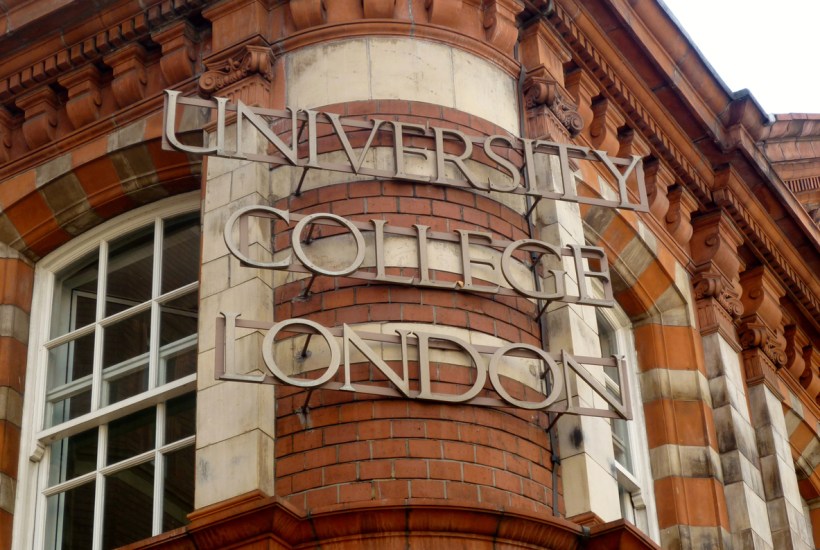We have suspected for some time that UK universities were supping with the devil when they relied on legions of foreign, especially Chinese, students to balance the books. Last week the mask slipped spectacularly at University College London.
Some months ago a Chinese student complained of ‘horrible provocation’ when Michelle Shipworth, an associate professor dealing with human behaviours, asked a seminar class of whom about a quarter were Chinese, to criticise statistics suggesting that China had one of the world’s biggest modern slavery problems.
Already a subscriber? Log in
Subscribe for just $2 a week
Try a month of The Spectator Australia absolutely free and without commitment. Not only that but – if you choose to continue – you’ll pay just $2 a week for your first year.
- Unlimited access to spectator.com.au and app
- The weekly edition on the Spectator Australia app
- Spectator podcasts and newsletters
- Full access to spectator.co.uk
Or




















Comments
Don't miss out
Join the conversation with other Spectator Australia readers. Subscribe to leave a comment.
SUBSCRIBEAlready a subscriber? Log in